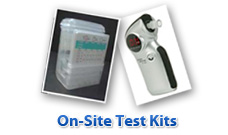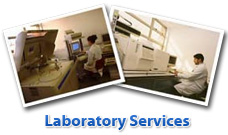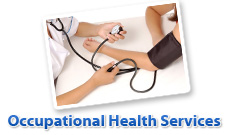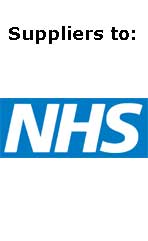Drugs Awareness Training At Work
Prompted by a commitment to guarantee safety, well-being and health of members of staff, employee drugs screening has come to be more and more common around the UK. Be that as it may, there still persist a number of misinterpretations relating to the strategy, which can lead to apprehension among the workers subject to screening.
Drugs Awareness Training At Work – Exactly where is the danger?
Numerous people presume that the effect of street drugs within the working environment is a very minor concern. Pretty much everyone has taken notice of Christmas time drink-driving TV advertisements and recognise that drink-driving and drug-driving is risky, so can’t we depend on the public’s judgement? Alas, almost 50% of all road and industrial deaths throughout the United Kingdom relate to drink, street drugs, or both. Present research prove that roughly 70% of illicit drug users are engaged in full-time work, which means that the average drug abuser is, effectively, the average business employee. Current Home Office studies estimate the number of 16 to 29-year-olds that have abused street drugs in the last year at just under 50% of that age range. In light of this, this shouldn’t be viewed as somebody else’s concern, because it is relevant to each and every single work environment. Although the indulgence in narcotics doesn’t by default imply risk-taking and irresponsibility within the company, it does substantially broaden the likelihood of accidents, attendance issues, a reduction in productivity, damage to machinery and wasted materials, litigation and a much higher turnover of personnel.
Drugs Awareness Training At Work – What can be done? Isn’t random drug and alcohol screening rather complicated?
Lots of businesses only administer workplace drug screening in response to a significant damage to property or an injury, an incident, or in cases where they find reasonable cause for concern or suspicion that an employee might be unsafe for active duty. Due to the vast variety of prospective hazards found within heavy industrial sites, numerous employers consider it completely justifiable to conduct workplace drug and alcohol screening on such occasions, as a way to avoid them from occurring again.
However, random employee drug screening brings workplace testing to the next degree, wherein a percentage of the personnel is randomly selected to provide an urine sample. It might sound a little invasive, however, it is very normal for just 5% of the workforce to be drug screened up to once in every 12 month period. This is the same as only one in 20 people being tested, or else, as an individual, your probability of being tested would probably be just one time in every 20 years. Incredibly, such marginal testing has actually been shown to reduce rates of failure from as high as forty six percent down to as low as just 2% in as little as just a few months. This just shows that the commonplace substance abuser present in the average company is not addicted and unable to change, but is merely making decisions about their lifestyle which can be adjusted in the direction of a more positive end result.
Drugs Awareness Training At Work. Should this be perceived to be an invasion of human rights and civil liberties?
While a few members of staff might be resistant at first to the prospect of testing, the majority of them understand that this is being undertaken to guarantee the safety of anybody within the workplace. Provided that the extent of on-site drug testing is proportionate to the risks within the work environment and doesn’t specifically impact upon employee life outside of work, it will not represent a danger to individuals’ human rights. In America, around 98% of the most successful 1000 organisations screen their staff without any problems.
Is there any risk while experimenting with drugs and alcohol away from work?
Numerous illicit drugs have certainly created a less dangerous image as a consequence of their repeated exposure in national radio, television and newspapers. Sure enough, terminologies including “recreational cocaine use” may cause a significant amount of harm in misleading individuals. For some teenagers, snorting cocaine is more addictive than heroin and, as a result can’t be taken recreationally without substantial risk of falling prey to addiction. Addiction aside, the level of cocaine purity has fallen from a typical forty five percent purity in 2004 down to a mere 25 percent purity in 2010 (with cocaine purity at an all-time low of 9 percent currently being reported). Worryingly, the compounds that dealers use to cut the cocaine range from local anaesthetics, carcinogenic chemicals, dog worming agents, through to dangerous insecticides. The reality is you should never ever rely upon a drug dealer.
Indeed, drugs generally deemed to be soft drugs frequently still carry dangers. In recent years in England and Wales, a shocking 92% of patients taken in for therapy for mental health problems are regular users of cannabis. bearing this in mind, workplace drug and alcohol testing ultimately has the opportunity to attack wider antisocial and mental health concerns as it becomes more common.
To read more on workplace drug screening together with home drug testing kits, go to www.drug-aware.com
About the author: Christopher Evans is the Technical Director of Drug-Aware Ltd, a provider of Drugs Awareness Training At Work, drugs and alcohol testing equipment, lab services along with alcohol awareness education. He has educated literally thousands of delegates across hundreds of businesses, Her Majesty’s Prison Service, the British police and hospitals and drug treatment centres throughout the UK.








